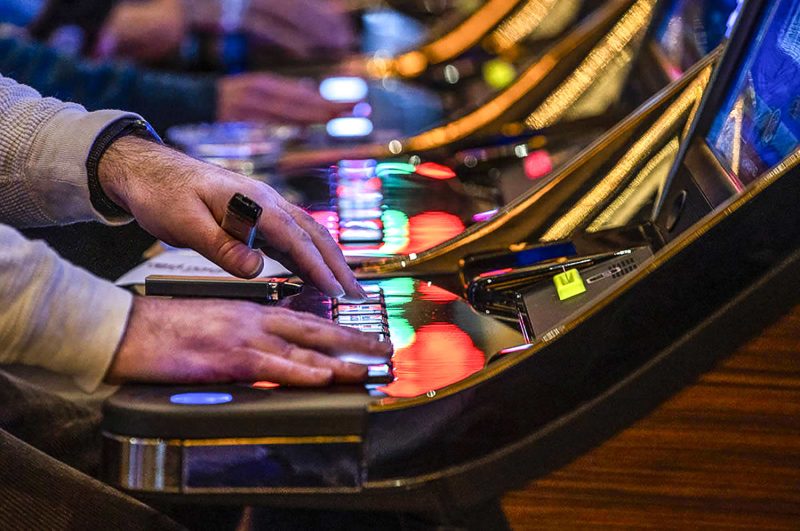In recent years, the gaming industry has faced increased pressure to reassess their policies on indoor smoking due to the growing concerns over public health and safety. Shareholders, in particular, have been at the forefront of this push, advocating for stricter regulations and more comprehensive smoking bans within casinos.
One of the main reasons for this push is the well-documented negative health effects of secondhand smoke. Studies have shown that exposure to secondhand smoke can lead to a variety of health issues, including respiratory problems, heart disease, and even cancer. With casinos being indoor spaces where smoking is often allowed, there is a significant risk to both employees and patrons who are exposed to secondhand smoke on a regular basis.
Furthermore, the issue of indoor smoking in casinos has been highlighted by the ongoing COVID-19 pandemic. The virus is known to spread more easily in indoor environments, particularly in places where people are in close proximity for an extended period of time. Allowing smoking in casinos not only increases the risk of exposure to secondhand smoke but also creates a potential breeding ground for the transmission of respiratory illnesses like COVID-19.
Shareholders are also concerned about the potential legal risks associated with indoor smoking in casinos. With a growing number of lawsuits being filed against companies for failing to provide a safe and healthy work environment, casinos that continue to allow smoking indoors may be leaving themselves vulnerable to legal action. In this context, implementing stricter smoking regulations can help protect casinos from costly litigation and reputational damage.
Moreover, there is a financial incentive for casinos to reassess their indoor smoking policies. Research has shown that smoke-free environments are actually preferred by a majority of patrons, including non-smokers and former smokers. By implementing smoking bans or designated smoking areas, casinos may attract a broader customer base and ultimately increase their revenue.
In response to these pressures, some casinos have already taken steps to address indoor smoking. For example, certain establishments have designated outdoor smoking areas or have implemented air filtration systems to reduce the spread of secondhand smoke indoors. However, there is still a long way to go to achieve comprehensive smoke-free environments in all casinos.
In conclusion, the push by shareholders to reassess indoor smoking in casinos is a positive step towards creating safer and healthier environments for both employees and patrons. By prioritizing public health and safety, casinos can not only mitigate legal risks but also attract a wider customer base and improve their overall financial performance. As the industry continues to evolve, it is crucial for casinos to proactively address the issue of indoor smoking and take concrete actions to protect the well-being of all stakeholders involved.
